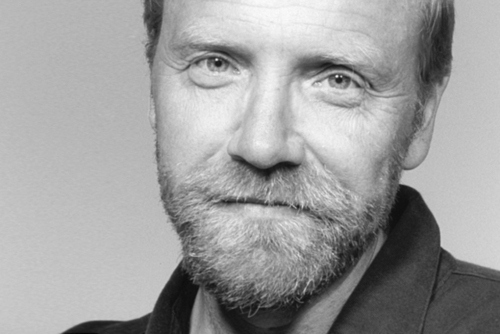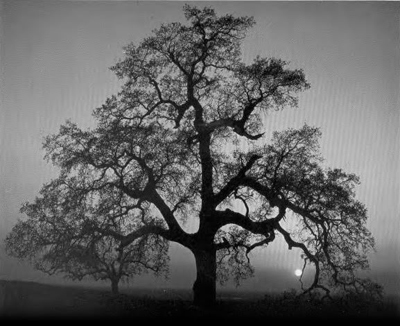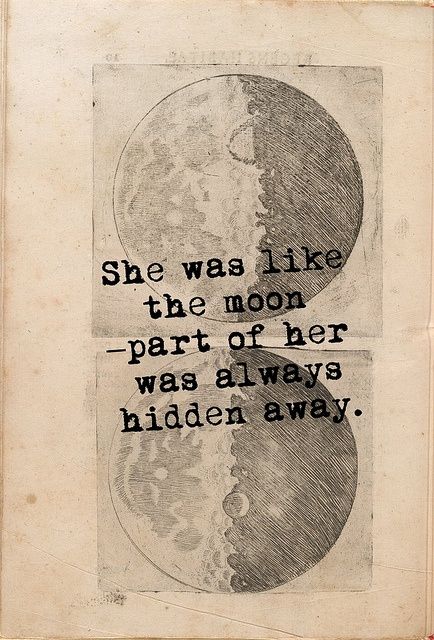
Writer George Saunders: Advice to Graduates
>>>>>
Undoubtedly, endings can bring beautiful new beginnings – but endings also bring a sense of the unknown, many difficult goodbyes and crises of existentialism. Author George Saunders recently gave a commencement speech, giving life advice to a group of fresh graduates and sharing his deepest regrets. Read his wisdom.
“Now, one useful thing you can do with an old person, in addition to borrowing money from them, or asking them to do one of their old-time “dances,” so you can watch, while laughing, is ask: “Looking back, what do you regret?” And they’ll tell you. Sometimes, as you know, they’ll tell you even if you haven’t asked. Sometimes, even when you’ve specifically requested they not tell you, they’ll tell you.
So: What do I regret? Being poor from time to time? Not really. Working terrible jobs, like “knuckle-puller in a slaughterhouse?” (And don’t even ASK what that entails.) No. I don’t regret that. Skinny-dipping in a river in Sumatra, a little buzzed, and looking up and seeing like 300 monkeys sitting on a pipeline, pooping down into the river, the river in which I was swimming, with my mouth open, naked? Not so much.
But here’s something I do regret: In seventh grade, this new kid joined our class. She was small, shy. She was mostly ignored, occasionally teased. I could see this hurt her. I still remember the way she’d look after such an insult: eyes cast down, a little gut-kicked, she was trying, as much as possible, to disappear. Sometimes I’d see her hanging around alone in her front yard, as if afraid to leave it. And then – they moved. That was it. No tragedy, no big final hazing. One day she was there, next day she wasn’t. End of story…Now, why do I regret that? Why, forty-two years later, am I still thinking about it? I never said an unkind word to her. In fact, I sometimes even (mildly) defended her. But still. It bothers me.
So here’s something I know to be true, although it’s a little corny, and I don’t quite know what to do with it: What I regret most in my life are failures of kindness. Those moments when another human being was there, in front of me, suffering, and I responded…sensibly. Reservedly. Mildly.
Or, to look at it from the other end of the telescope: Who, in your life, do you remember most fondly, with the most undeniable feelings of warmth? Those who were kindest to you, I bet. Now, the million-dollar question: What’s our problem?
Each of us is born with built-in confusions that are probably somehow Darwinian. (1) we’re central to the universe (that is, our personal story is the most interesting story, the only story); (2) we’re separate from the universe (there’s US and them, – dogs and swing-sets, and the State of Nebraska and other people), and (3) we’re permanent (death is real. sure – for you, but not for me). We don’t really believe these things – intellectually we know better – but we believe them viscerally, and live by them, and they cause us to prioritize our needs over the needs of others, even though what we really want, in our hearts, is to be less selfish, more aware of what’s actually happening in the present moment, more open, and more loving.
So, the second million-dollar question: How might we DO this? How might we become more loving, more open, less selfish, more present, less delusional, etc., etc? Let me just say this – kindness, as it turns out, is hard .
But as we grow, we come to see how useless it is to be selfish – how illogical, really. We come to love other people and are counter-instructed in our own centrality. We get our butts kicked by real life, and people come to our defense, people help us, and we learn that we’re not separate, and don’t want to be. The great Syracuse poet, Hayden Carruth, said, in a poem written near the end of his life, that he was “mostly Love, now.”
And so, a prediction, and my heartfelt wish for you: as you get older, your self will diminish and you will grow in love. YOU will gradually be replaced by LOVE. You have accomplished something difficult and tangible that enlarges you as a person and makes your life better, from here on in, forever.
When young, we’re anxious – understandably – to find out if we’ve got what it takes. Can we succeed? Can we build a viable life for ourselves? And this is actually O.K. If we’re going to become kinder, that process has to include taking ourselves seriously – as doers, as accomplishers, as dreamers. We have to do that, to be our best selves. Still, accomplishment is unreliable. “Succeeding,” whatever that might mean to you, is hard, and the need to do so constantly renews itself (success is like a mountain that keeps growing ahead of you as you hike it), and there’s the very real danger that “succeeding” will take up your whole life, while the big questions go untended.
So, quick, advice: Your life is going to be a gradual process of becoming kinder and more loving: Hurry up. Speed it along. Start right now. There’s a confusion in each of us, a sickness, really: selfishness. But there’s also a cure. So be a good and proactive and even somewhat desperate on your own behalf – seek out the most efficacious anti-selfishness medicines, energetically, for the rest of your life.
An DO all the other things, the ambitious things – travel, get rich, get famous, innovate, lead, fall in love, make and lose fortunes, swim naked in wild jungle rivers – but as you do, to the extent that you can, in the direction of kindness.
Do those things that incline you toward the big questions, and avoid the things that reduce you and make you trivial. That luminous part of you that exists beyond personality – your soul – is as bright and shining as any that has ever been. Bright as Shakespeare’s, bright as Gandhi’s, bright as Mother Theresa’s. Clear away everything that keeps you separate from this secret luminous place. Believe it exists, come to know it better, nurture it, share its fruits tirelessly.
And someday, in 80 years, when you’re 100, and I’m 134, and we’re both so kind and loving we’re nearly unbearable, drop me a line, let me know how your life has been. I hope you will say: It has been so wonderful.”











































































